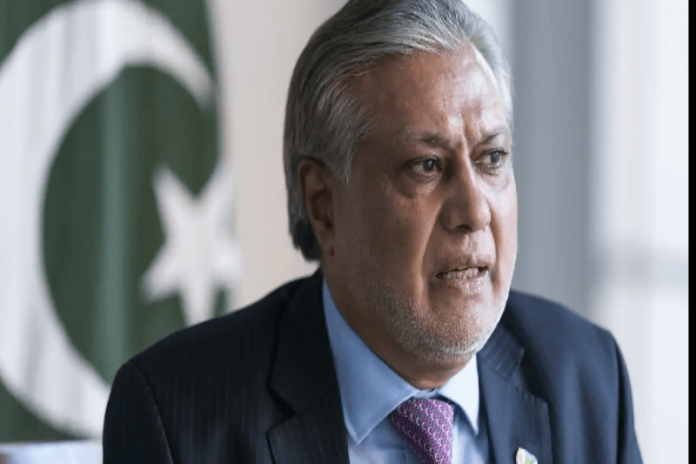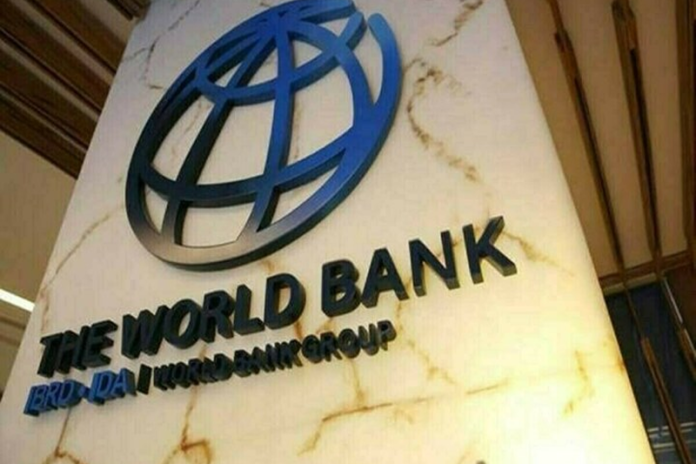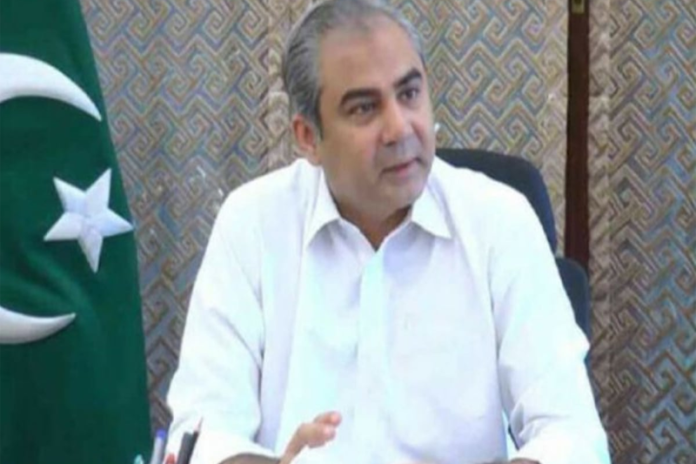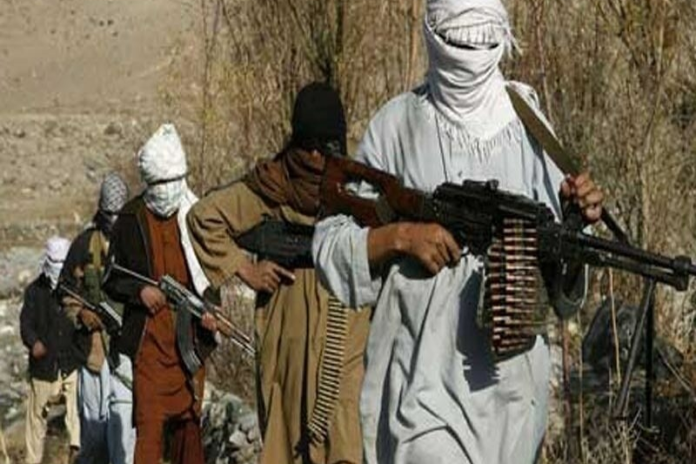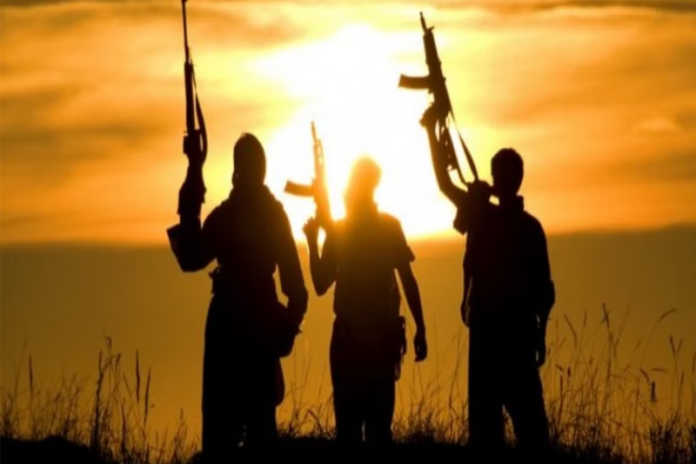Punjab Assembly elects Maryam Nawaz as Chief Minister
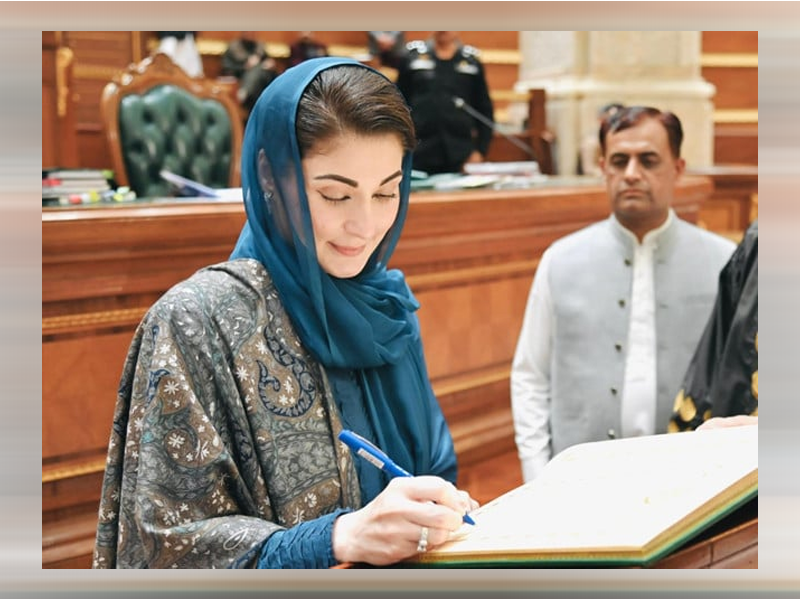
- 251
- 0
The Punjab Assembly, on Monday, elected Maryam Nawaz from the Pakistan Muslim League-Nawaz (PML-N) as the Chief Minister of the province. This landmark decision occurred amidst a boycott by the Sunni Ittehad Council (SIC) during the session.
With this victory, Maryam Nawaz becomes the first female Chief Minister in Pakistan's history, securing 220 votes in the recent general elections held on February 8. Her opponent, Rana Aftab Aftab Ahmad from the SIC, did not receive any votes due to the party's boycott.
The Speaker of the Assembly, Malik Ahmad Khan, confirmed Maryam's victory and announced that no jail security personnel would be present during her meetings with lawyers in Adiala Jail, where she is detained.
Following the announcement, Maryam Nawaz delivered a speech expressing gratitude to her party members, opposition parties, and her late mother for their support and guidance. She pledged to lead Punjab with integrity, focusing on economic reforms, youth empowerment, and zero tolerance against corruption.
Additionally, Maryam Nawaz's victory marks the fourth member of the Sharif family and the first woman from her family to be elected as Chief Minister. The PML-N is now finalizing the names for Maryam's cabinet, which is expected to include ministers from allied parties as well.
Despite efforts to persuade SIC members to return to the Assembly, their boycott persisted, causing delays in the proceedings. However, the Assembly proceeded with the election process, and Maryam Nawaz emerged as the new leader of the House.
The PML-N is currently discussing names for Maryam's cabinet, which is expected to include ministers from allied parties. The cabinet formation will occur in phases, with initial discussions focusing on appointing 15 to 20 ministers from the PML-N and additional representation from other parties.
Overall, Maryam Nawaz's historic election as Chief Minister marks a significant milestone in Pakistani politics, paving the way for gender inclusivity and leadership diversity in the province of Punjab.














